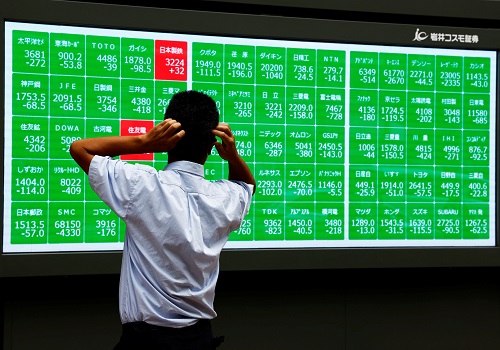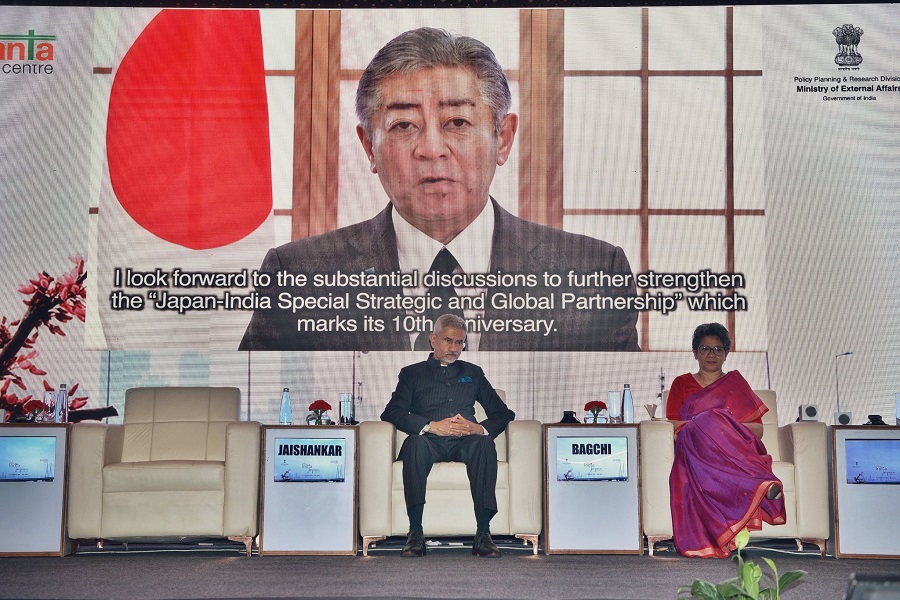Supply rejig by global auto majors to reduce offshore sourcing: Capgemini Research Institute

Follow us Now on Telegram ! Get daily 10 - 12 important updates on Business, Finance and Investment. Join our Telegram Channel
A global re-orchestration is happening in the automotive industry with procurement from offshore locations coming down, said Capgemini Research Institute (CRI) in a report.
“A global re-orchestration is underway as procurement from offshore locations fell by 22 per cent in the past two years. Europe leads this trend having reduced offshore procurement by a quarter since 2021. This is followed by APAC (Asia Pacific) and the US who have reduced offshore sourcing by 20 per cent and 18 per cent, respectively,” CRI said.
According to the report, automotive organisations expect procurement from offshoring locations to reduce by a further 19 per cent by 2025, as electric vehicle production surges and the fabrication of key electronics components relocates.
The report said successive supply chain crises have sapped automakers’ time and diverted focus and investment away from sustainability initiatives.
Consequently, sustainability is not currently considered a priority for many of them, with only 37 per cent of respondents stating that issues such as carbon footprint management and environmental risk influence supply chain decision-making.
Investment across the industry reflects this trend and while OEMs’ (original equipment manufacturers or vehicle makers) total investment in supply chain sustainability is on par with last year, suppliers’ annual investment has significantly reduced by 17 per cent, the report said.
“Over the past few years, organisations have been forced to restructure and refinance supply chain management on the fly in order to navigate multiple disruptions from all fronts. While in a more positive place today, automakers need to look at delivering a long-term, intelligent, and data-driven strategy that will build resilience and competitive advantage. More so, this needs to incorporate circularity as an essential component, not only to help organisations navigate regulatory changes, but to embed new players in the supply chain ecosystem and also achieve ambitious climate-targets,” said Alexandre Audoin, Global Head of Automotive Industry at Capgemini.
While sustainability and circularity are key components for building a more resilient supply chain and to future-proof operations, the scaling of circular-economy initiatives has been delayed due to a shortage of suppliers of recycled materials (and of the materials themselves).
The creation of new supply chains for semiconductors and electric vehicles will accelerate near shoring.
Driven by a surge in efforts to deliver software-based features and services, the average proportion of vehicle value attributed to semiconductors and sensors increased by 51 per cent over the last two years.
This is expected to increase by a further 46 per cent between 2023 and 2025.
As per the CRI report, only half of OEMs consider the current supply of semiconductor components as secure.
Of those surveyed, 70 per cent said the majority of supply is currently being obtained from China, Taiwan, Japan, and South Korea.
“In a bid to achieve a greater level of supply-security OEMs are investing in alternative supply methods and moving away from tier-1 and -2 suppliers. Similarly, OEMs have secured only three years of EV battery raw materials on average,” the report said.
According to the report, half of OEMs feel confident that they would be able to avoid 60 per cent of the revenue loss they incurred in 2022 if the same scenarios – including the semiconductor shortage – happened again today.
To address operational and logistic issues, both suppliers and OEMs have adopted strategies based on adding operational investment and working capital.
This is led by the building of inventories, which 81 per cent of suppliers and 44 per cent of OEMs have implemented.
However, it’s clear that this is unsustainable in the long-term as holding excessive inventory risks a variety of negative effects on the operational and financial wellbeing of automotive organisations.
Visibility and transparency are key to create a more trustworthy supplier ecosystem – just over half (53 per cent) of respondents have a mature intelligent supply chain in place to enable data-driven decision making, allowing for the integration of newer technologies such as AI and data analytics.
With growing participation in standardised, open, and trusted data ecosystems that include new suppliers for software driven services, automotive organisations can further progress resilience and sustainability ambitions.












 320-x-100_uti_gold.jpg" alt="Advertisement">
320-x-100_uti_gold.jpg" alt="Advertisement">












